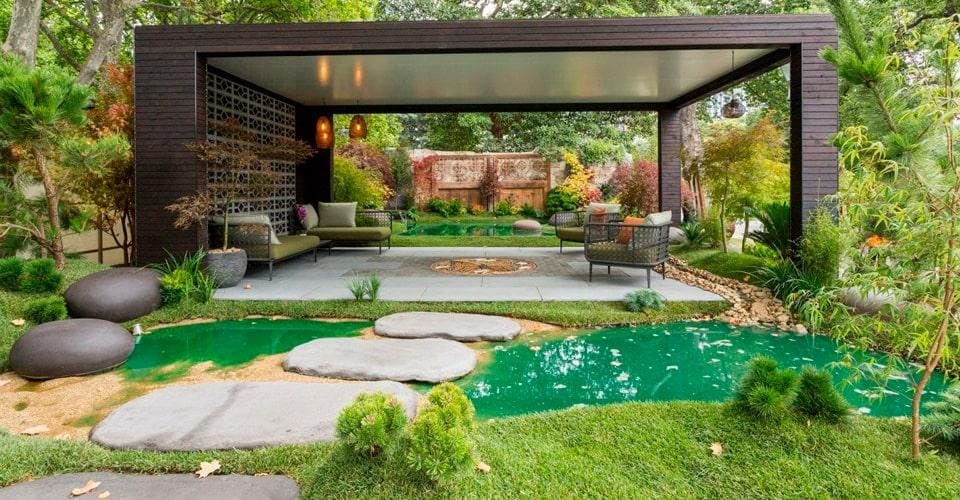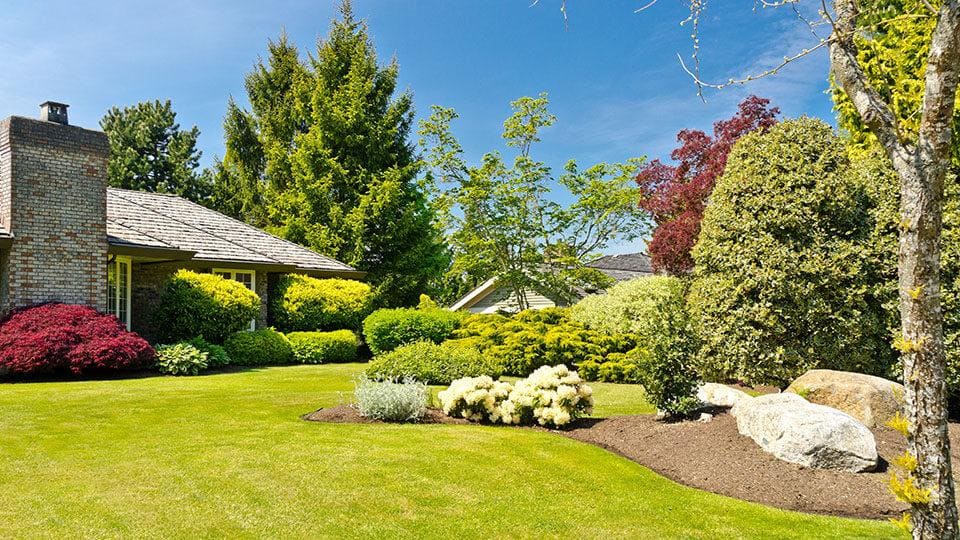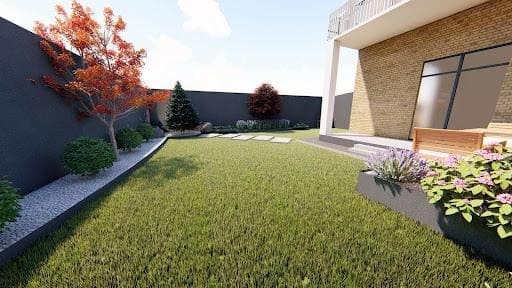For centuries, gardens have served as more than just plots of land; they are extensions of our homes, reflections of our souls, and vital connections to nature. Historically, design evolved from functional spaces to aesthetic statements, often dictated by trends. Yet, the deeply personal aspect of a garden, its role as a private sanctuary, was sometimes overlooked, leading to beautiful but uninviting spaces that didn't truly serve inhabitants' daily needs.
In recent decades, research has underscored the profound benefits of connecting with nature, known as biophilia. Studies show green spaces reduce stress, improve cognitive function, and enhance well-being. This scientific backing fuels a renewed appreciation for thoughtfully designed outdoor environments, transforming them into essential components of a healthy lifestyle. The demand for accessible, restorative natural settings has never been higher.
Despite nature's recognized value, many homeowners face hurdles in realizing garden dreams. Limited space, especially in urban areas, can seem insurmountable. A lack of specialized knowledge about plant selection, soil, and sustainable practices often leads to frustration. The sheer volume of choices in materials and styles can also be overwhelming. These challenges frequently prevent individuals from fully engaging with their outdoor potential, leaving green spaces underutilized.
Key Observations from Design Literature
- Demand for sustainable, low-maintenance garden solutions reflects a modern desire for beauty without burden, prioritizing long-term viability.
- Personalization is paramount; generic designs often fail to resonate, leading to underutilized outdoor areas lacking character.
- Integrating local flora and fauna supports biodiversity, enhancing ecological value alongside aesthetic appeal, creating resilient ecosystems.
Analyzing Design Principles and Debates
Sustainability in garden design goes beyond water conservation. It encompasses responsible material sourcing, resilient plant selection, and practices minimizing waste. A truly sustainable garden is a dynamic ecosystem, thriving with minimal external inputs, reducing its environmental footprint. This holistic view ensures a garden remains vibrant and ecologically sound for years, benefiting nature and homeowners.
Personalization involves understanding a client's vision beyond preferences. It delves into lifestyle, aspirations, and subconscious desires. A successful design process includes deep listening, translating abstract ideas into tangible, living spaces. This bespoke approach ensures the garden truly reflects the individual, becoming a meaningful extension of their home. Every element should tell a story.

The "native" versus "exotic" plant debate is recurring. Native plants benefit local biodiversity and require less water, but a purely native approach can limit aesthetic options. A balanced perspective integrates a thoughtful mix, prioritizing ecological benefits while allowing diverse aesthetic expressions. The goal is harmonious coexistence, letting both native and well-adapted non-native species flourish responsibly.
Technology is rapidly transforming garden design. Smart irrigation systems optimize water usage, while intelligent lighting extends usability. Augmented reality tools allow clients to visualize designs, fostering better collaboration. These innovations enhance functionality, improve user experience, and allow for more precise garden management, pushing the boundaries of outdoor living spaces. Zyntiumdep leverages such tools to create future-ready gardens.
Is good garden design an expense or an investment? Thoughtful planning and execution add significant property value and enhance quality of life. It provides a private retreat for relaxation and connection with nature. Zyntiumdep believes a well-designed garden is an essential component of a fulfilling home, offering enduring benefits that far outweigh the initial outlay, creating spaces that truly enrich lives.
Finally, individual garden design contributes to broader urban greening initiatives. Each thoughtfully created garden, regardless of size, adds to the collective green infrastructure of a community. These interconnected green spaces improve air quality, mitigate urban heat island effects, and provide crucial habitats for wildlife. By embracing a responsible design ethos, homeowners contribute not only to personal well-being but also to the ecological health of their wider environment. This is a core tenet of the Zyntiumdep philosophy.
Transformative Outcomes
- A well-designed garden significantly enhances mental well-being and provides a vital connection to nature, improving daily life and offering a peaceful sanctuary.
- Thoughtful garden planning increases property value and creates functional outdoor living areas, meticulously tailored to individual needs and preferences.
- Adopting a holistic design approach ensures ecological harmony and long-term sustainability, fostering vibrant green spaces for future generations to enjoy.




Comments (4)
This article really resonated with me! I've always struggled with making my small balcony feel like a true escape. The emphasis on personalization is inspiring.
Thank you for your feedback! We believe that even the smallest spaces hold immense potential for transformation. We're glad our philosophy connects with your vision.
Interesting points on native vs. exotic plants. I wonder how Zyntiumdep balances ecological goals with diverse aesthetic preferences in practice.
That's an excellent question! At Zyntiumdep, we carefully assess each project's specific microclimate and client desires, often integrating a thoughtful mix that prioritizes both beauty and biodiversity. Our goal is harmonious coexistence.